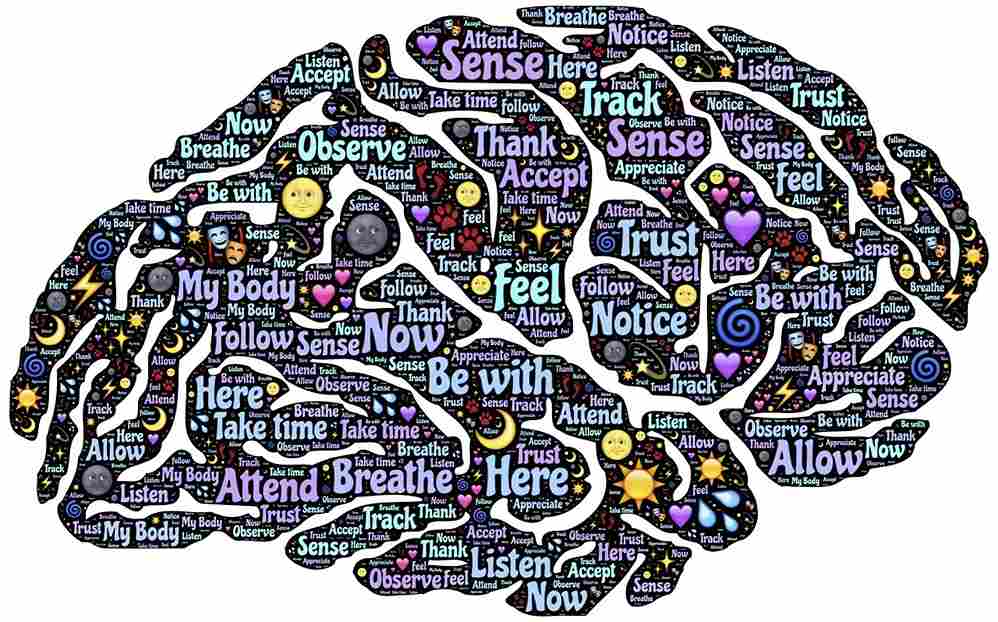How Can Meditation Make You a Better Leader?
Effective leadership requires more than just technical know-how and strategic thinking in the high-pressure workplace of today. Resilience, self-awareness, emotional intelligence, and focus are now essential traits of contemporary leaders. Meditation is a potent but sometimes disregarded technique that promotes the development of these qualities.
Meditation is no longer limited to wellness retreats or yoga studios. In order to increase clarity, lower stress levels, and make better decisions, high-performing executives, entrepreneurs, and top CEOs are increasingly adopting meditation as a regular practice. However, how precisely does meditation improve your leadership skills?
Let’s examine the advantages of meditation that are supported by research and its capacity to improve leadership.

1. Improves self-awareness
Effective leadership is built on self-awareness. Strong team dynamics and well-aligned decision-making are more likely to come from leaders who are aware of their own values, strengths, and shortcomings.
How meditation helps: Mindfulness, or a state of conscious awareness, is encouraged by regular meditation. Leaders can gain a deeper understanding of behavior patterns and natural reactions by observing their thoughts and emotions without passing judgment.
Impact on leadership: A self-aware leader can lead with integrity and is more genuine and emotionally stable.
2. Enhances Emotional Capabilities
The ability to identify, comprehend, and control your own emotions as well as those of others is known as emotional intelligence (EQ). Leaders with high EQ inspire loyalty, foster trust, and settle disputes more skillfully.
How meditation helps: Mindfulness exercises improve empathy and lessen emotional reactivity. Research indicates that meditation stimulates the parts of the brain linked to compassion and emotional control.
Impact on leadership: A leader with a high EQ is better at communicating, helping team members overcome obstacles, and fostering closer working bonds.
3. Increases Concentration and Focus
Managing several priorities, maintaining organization, and making sound decisions under duress are all necessary for leadership. Mental exhaustion and distractions can impair strategic thinking and lower productivity.
How Meditation helps: Meditation increases cognitive focus and attention span. Grey matter in the prefrontal cortex of the brain, which is in charge of concentration, judgment, and problem-solving, can grow even with brief daily sessions.
Impact of leadership: Concentrated leaders are more effective, make wiser choices, and address problems head-on rather than merely reacting to them.
4. Prevents Burnout and Lowers Stress
In leadership positions, stress is inevitable. Burnout, poor decision-making, and even physical health problems can result from unmanaged stress.
How meditation benefits the body: Meditation lowers cortisol levels and calms the body by stimulating the parasympathetic nervous system. By altering perspective and boosting resilience, it teaches the mind how to handle stress more skillfully.
Impact of leadership: Calm, collected leaders are better able to manage hardship, establish a healthy work environment, and lead without endangering their own health or well-being.
5. Enhances the Capability to Make Decisions
Leaders frequently have to make difficult, consequential decisions fast. Emotional excess, prejudices, and stress can impair judgment.
How it helps: Meditation increases objectivity and mental clarity. It fosters a non-reactive mentality that enables leaders to take a moment, weigh their options sensibly, and come to more deliberate conclusions.
Impact of leadership: Astute decision-makers take into account both the immediate and long-term effects, which improves results and increases leadership credibility.
6. Promotes Leadership with Compassion
Inspiring, encouraging, and supporting others is more important to modern leadership than merely exercising power. Employee engagement, psychological safety, and trust are all enhanced by compassionate leadership.
The benefits of meditating
Kindness and love Meditation, sometimes referred to as Metta meditation, increases compassion and empathy. According to neuroscience, those who regularly practice this type of meditation demonstrate greater activity in brain areas linked to empathy and emotional processing.
Impact of leadership: Compassionate leaders foster happier, more cooperative teams and raise morale and retention.
7. Enhances Resilience and Adaptability
Leaders have to deal with uncertainty, adjust to change, and overcome obstacles. Maintaining effectiveness in rapidly changing circumstances requires mental flexibility.
How meditation benefits people: Meditation fosters mental flexibility and acceptance. It lessens the propensity to dwell on the past or fret about the future, enabling leaders to remain in the moment and adjust quickly.
Impact of leadership: During times of transition, resilient leaders encourage others to continue by setting an example of confidence and staying solution-focused.
8. Fosters Innovation and Creativity
Innovation is crucial in a competitive environment. Leaders must be unconventional thinkers who inspire their staff to solve problems creatively.
How meditation benefits the mind: By calming the mind, meditation makes room for fresh concepts to arise. Divergent thinking—the capacity to come up with several original answers to an issue—is improved by mindfulness, according to research.
Impact of leadership: Innovative leaders stimulate curiosity, promote a continuous improvement culture, and propel innovation.
9. Establishes a Focused Leadership Image
Great leaders are composed, self-assured, and imposing. These intangible characteristics frequently dictate how teams react during uncertain or crisis situations.
The benefits of meditation include the development of mindfulness, grounded energy, and serenity. It assists leaders in maintaining composure in the face of mayhem outside.
Impact of leadership: A charismatic leader inspires trust, wins admiration, and conducts themselves with dignity and authenticity.
10. Encourages Sustainability in Long-Term Leadership
Beyond performance, sustainable leadership necessitates balance, purpose, and a clear vision. Even the most accomplished leaders run the risk of becoming weary or disillusioned if they lack inner connection.
How meditation benefits leaders: Meditation helps leaders rediscover their inner purpose and ideals. It supports clarity and long-term well-being, going beyond daily performance indicators.
Impact of leadership: Leaders with a purpose are more tenacious, dedicated, and able to make a long-lasting impression.
How a Leader Can Begin to Use Meditation
There are no significant modifications or spiritual beliefs needed to begin a meditation practice. Leaders can start by doing the following:
- Begin modestly: Start by utilizing a guided meditation app (such as Headspace or Calm) for 5 to 10 minutes each day.
- Maintain consistency: As with any critical meeting, set a daily reminder for meditation.
- Engage in mindfulness throughout the day by being conscious when you talk, eat, or even just go for a stroll.
- Try meditations tailored to leadership: Seek out facilitated exercises that emphasize compassion, emotional intelligence, or decision-making.
Meditation eventually becomes an organic component of your leadership toolkit, enabling you to lead with greater resilience, empathy, and clarity.
Concluding remarks
The most effective leaders are developed via self-awareness, discipline, and intention rather than being born. A straightforward yet efficient method to develop these traits and become a more capable, sympathetic, and visionary leader is through meditation.
Including meditation in your daily routine can help you become a better leader, regardless of how many people you are managing—five thousand or five thousand.



